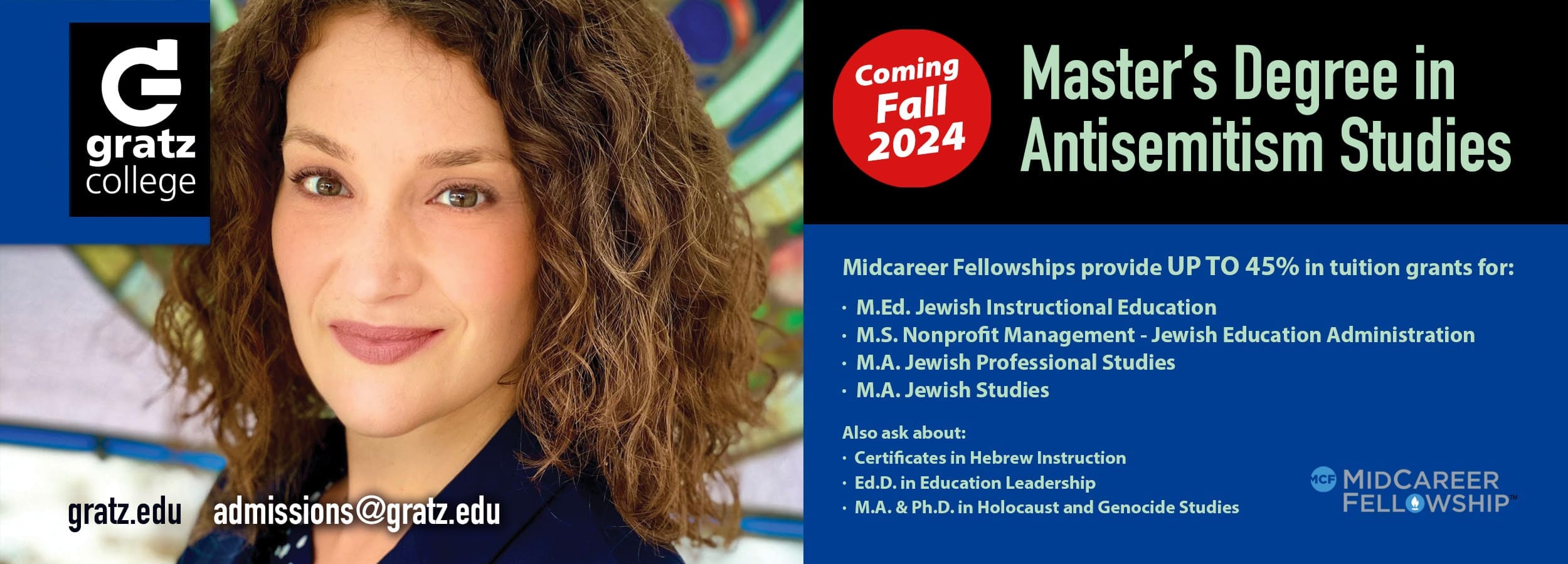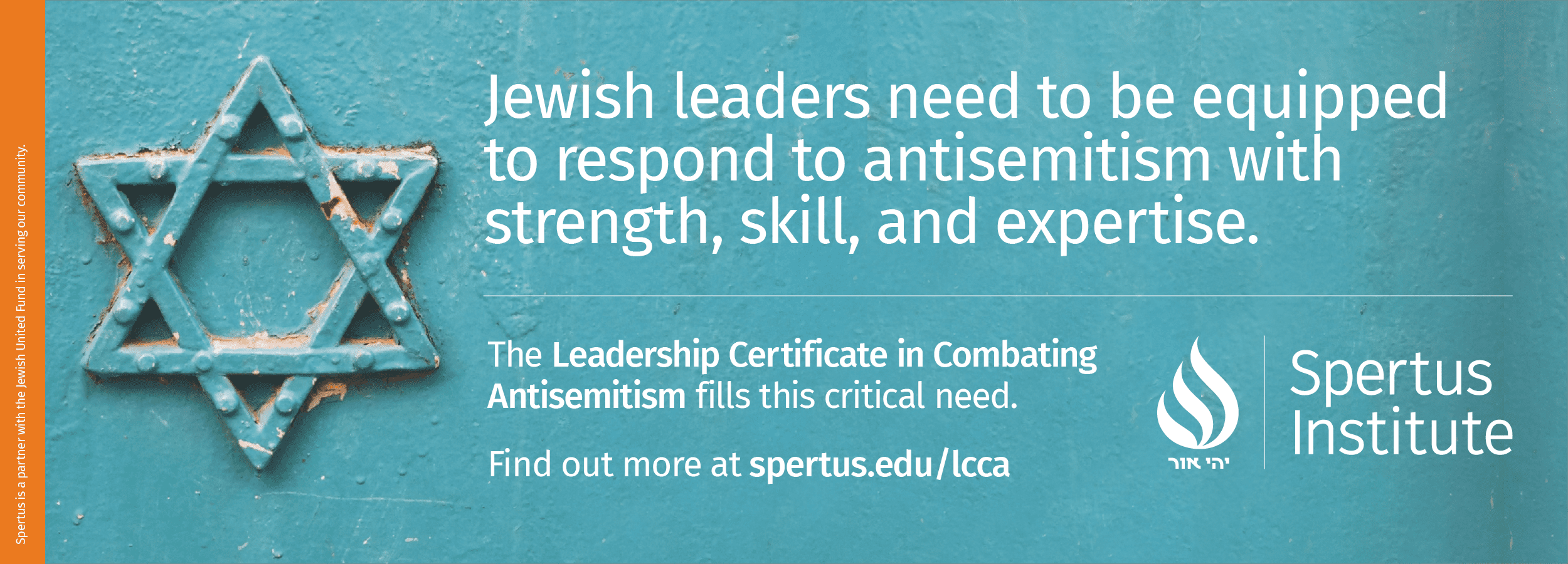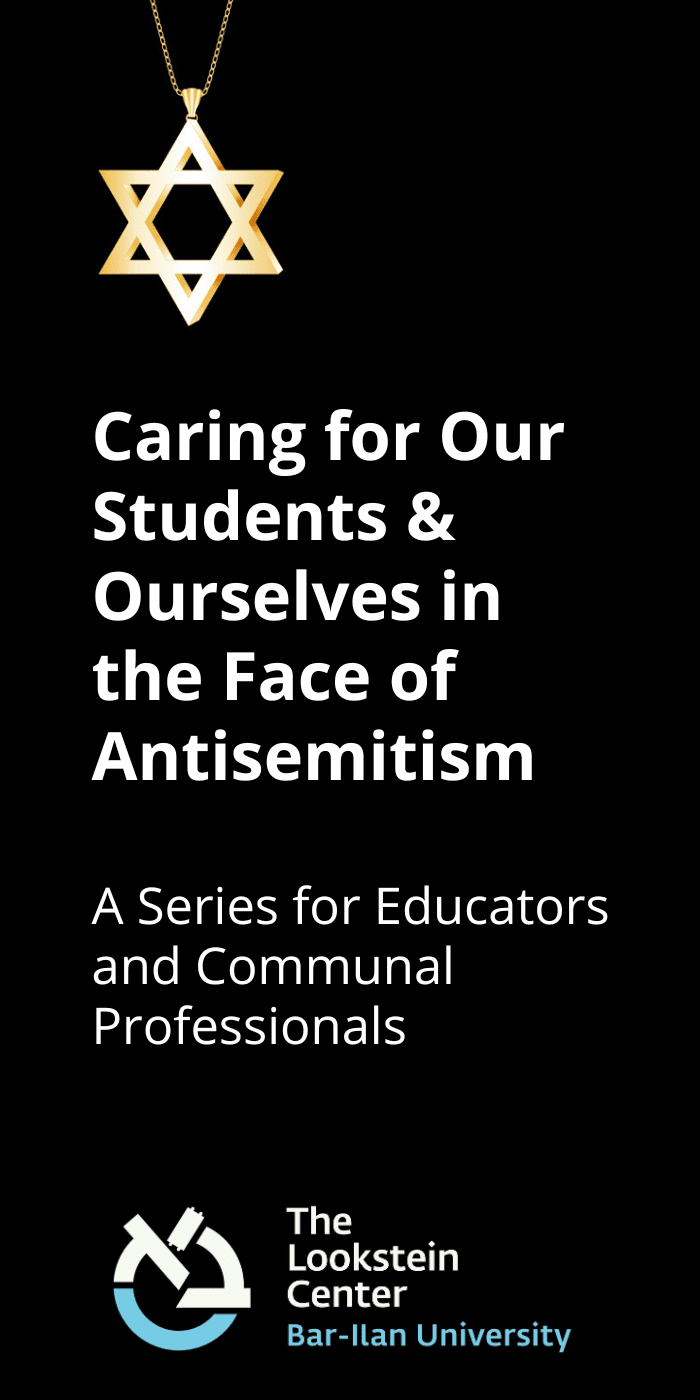Reflections on College Guidance after October 7th – 2004 📄
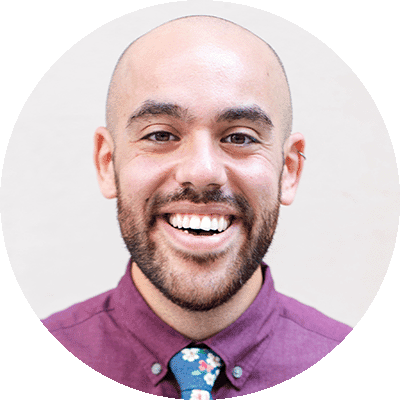
Our first action was to check in on students currently in universities to make sure that they were okay. That was important not only for their sake, but because we wanted up-to-date information. We looked at how the universities themselves responded to antisemitism—were they denouncing the protests or supporting Jewish students? Some colleges had vague responses, such as, “we’re thinking about you all during these times,” while others explicitly denounced Hamas and their attacks. We gathered information from videos, from WhatsApp groups, and from the news—we wanted to get a real sense of what’s happening on the ground on college campuses around the country. And we checked in with recent alumni from those universities about the climate on campus. Some students reported that it was bad—consistent antisemitic and anti-Zionist activity, while others acknowledged that there were protests, but that they felt fine going to classes and to the Hillel and that they were not particularly worried.
One of the interesting things about working at a pluralistic day school is that we have a wide spectrum of students that we are trying to support and guide, so our job is to make our students and our families informed consumers. Every student, every family has a set of values, a set of priorities, and it’s my job to make it extremely clear what is going on, give them the facts, help them understand, find and put together the resources, connect them with students, and do everything in my power so they know exactly what they’re walking into. Ultimately, when a student and family make their decision, I have to support the decision that they make, because they know what’s best for their family and for their kid.
Aside from providing accurate and timely information to the students and their families, an important part of the college guidance process here involves a lot of self-reflection and clarifying priorities. What do you need out of your college experience? What do you want your dorm to look like? What do you want your major to look like? What do you want the Hillel to look like? What do you want the Chabad to look like? The surge in antisemitism did force us to make abundantly clear how important it is for students and families to revisit those priorities, including those related to being a Jew on campus.
For a number of years now I’ve been advocating that instead of looking to see if there is antisemitism on campus, we should be looking at how the university reacts when there is. What kind of protections do they put in place? What kind of support do they offer their Jewish students? After October 7th we looked at the intensity of the universities’ responses to get indications about how our students might be supported by those universities in the future as well. Now, having worked in undergraduate admissions, I understand the bureaucracy involved and the desire to tread carefully. But I also know the steps that the administrations need to take when students are suffering, when there is unrest, when there are safety issues on campus—and it is disheartening to see how long it has taken some of them to respond. For example, it took months for Stanford to put out their tweet, and insensitivity sends a very clear message to our students. If this were to happen again, when you’re on campus, then you kind of know what you’re expecting.
There is another area of our work which has changed in light of the recent events. Traditionally, we have a lot of conversations and training specifically with our seniors, preparing them to transition out of Milken. “What is it going to be like on college campuses? What happens when you face antisemitism? What’s it like when you move out of Los Angeles?” This year, we’ve had to take a new look at the type of training and information we are providing for our students, including beginning with the younger grades. It’s not like there wasn’t conversation with them earlier about things like social media literacy, but the questions of how to engage in social media and in person, providing them with tools and vocabulary, has taken on a more significant role in the earlier grades. Even though our students live in somewhat of a Jewish bubble by being here, they have lots of friends in their broader circles who are not Jewish, and October 7th shook them, forcing them to come to grips with the reality to really understand that they don’t necessarily know the world that they’re about to step into. So, for example, immediately after October 7th, our Israel educators partnered with our social science department to provide a brief, robust, holistic history of the conflict that’s been going on in Israel—because they need the tools and skills needed to handle whatever is going to come at them.
Let me give you a sense of how this is impacting students. One of my seniors told me that a few weeks after the war started, she was wearing her Jewish star and someone spit on the ground at her as she was walking in the street. For someone who has been in that bubble for years, and to have that happen to her, it was shocking, to say the least. She was at a loss; she didn’t know how to react.
I also want to highlight the psychological toll that this is taking on students. Even if they’re able to navigate the college process, even if they’re able to submit their applications on time, they’re not doing okay. They’re not mentally or emotionally in the headspace they would have been in in previous years. Throughout October, before the November 1 application deadline, there were so many moments where I’d be sitting in my office with a student working with them on their common application essay when suddenly they started to cry. We would stop, so that they had the space to just express their feelings, and when they were ready, we would go back to working on their essay. The whiplash that these students have had to experience of feeling their connection to Israel, of doing everything in their power to support and raise money and raise awareness, and then also navigating just being a teenager and applying to college is more than they have ever been asked to handle. And I suspect that this psychological toll is going to last well beyond this process; it’s something that I am concerned about.
I’d like to share one final thing. We generally focus a lot of time and energy on helping students understand how to show up as their authentic selves. They attend a Jewish high school, the spend part of their tenth grade studying in Israel, there is no way for them to hide their Jewishness and connection to Israel. Many of them are really worried about how that will affect their admissions. Our students are seriously thinking about and grappling with this, which is really hard to watch.



Reach 10,000 Jewish educational professionals. Advertise in the upcoming issue of Jewish Educational Leadership.
Do you want to write for Jewish Educational Leadership? See the Call for Papers for the upcoming issue.
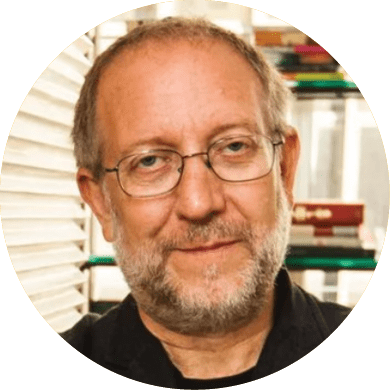

Understanding the New Antisemitism with Yossi Klein Halevi – 2024 Update 📄🎬
I think we’re experiencing a phenomenon that we can call massacre denial or massacre trivialization. And I don’t like Holocaust comparisons to Israel’s situation. But in one way I do believe that a Holocaust analogy is legitimate and that is in in how the historicity of October 7th is being treated and the uniqueness of October 7th. What makes October 7th unique is that it was not a pogrom, these were premeditated atrocities. And the purpose of the atrocities, was to instill terror. So what is happening to the memory of October 7th, the understanding of what October 7th was, is very similar to what Holocaust memory has been subjected to in large parts of the world.
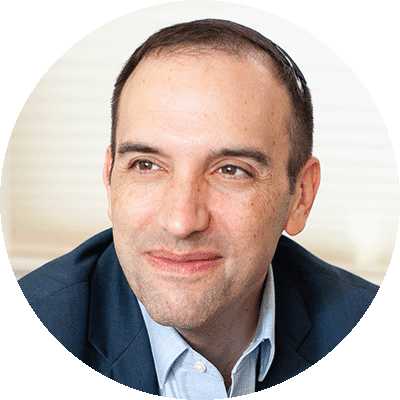

From Fear to Resilience – 2024 🎬
The whole world has changed. I feel like we’re at a historic moment for the Jewish people. This is one of the major, major dividers within the Jewish world today. Those who have never really known Jewish vulnerability and those who know it and feel a deep in their kishkes. And I think that divide has been kind of blown up right now. We’ve known through the statistics that antisemitism has been on the rise for the last many years. And I think Pittsburgh, Tree of Life, really changed in some ways the American Jewish condition. It kind of woke us up to the fact that it can happen here.
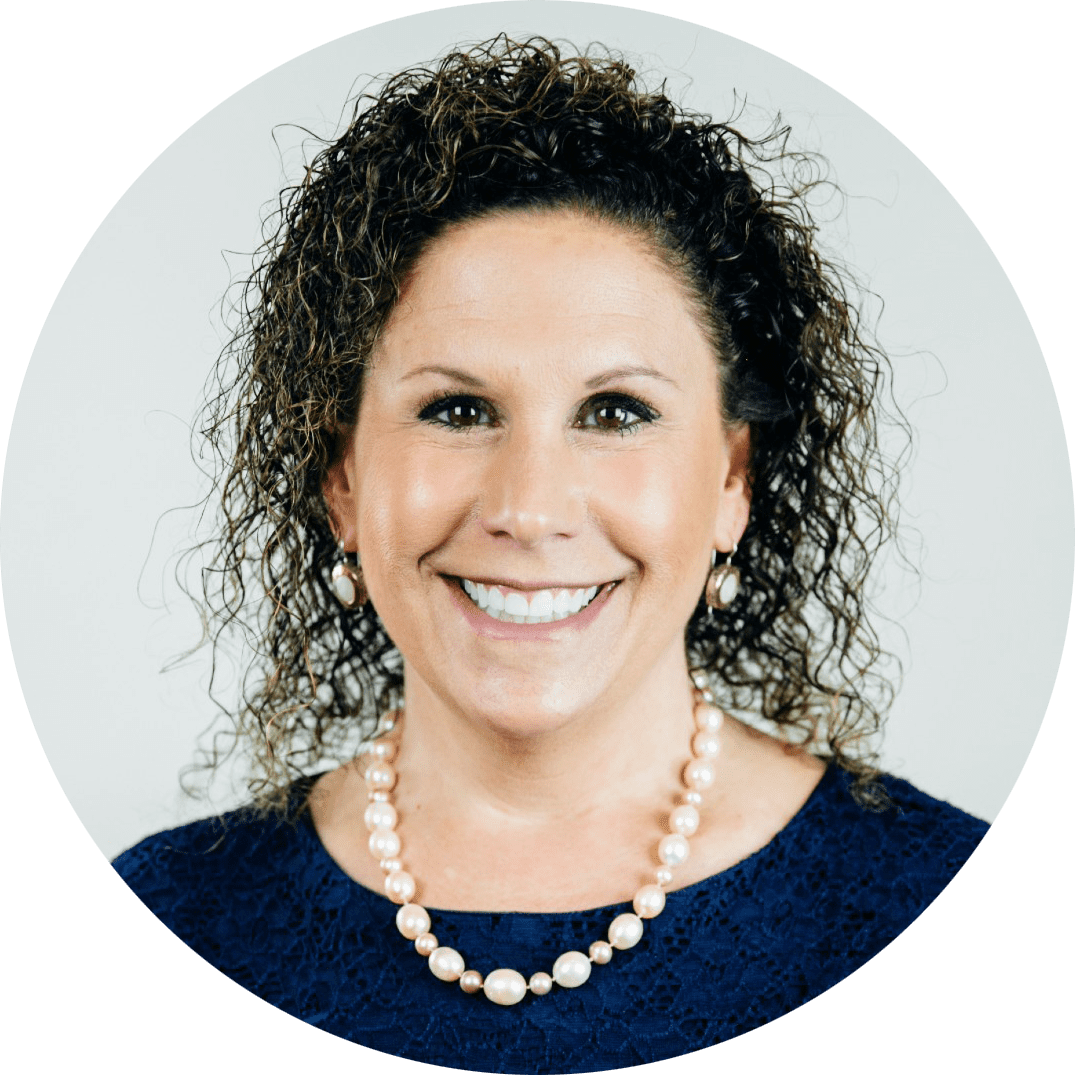

Building Jewish Strength – 2024 🎬
I think among the things that are concerning for me is that the people that I work with, and I’m in a Reform congregation, we’re a very large community with a lot of diversity within that community. I think that what is particularly concerning to me is that our people are so caught off guard and surprised. That all of the sudden in 2023, all of the sudden it’s as if there wasn’t antisemitism before October 7th. We either had our heads in the sand or we were just kind of in a position of not really acknowledging the extent to which antisemitism is still a part of the human existence. I won’t say the Jewish existence because I think antisemitism and anti- antisemitism is more than a Jewish concern.
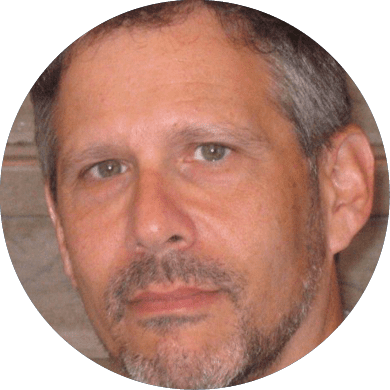

Confronting the Campus Crisis – 2024 update 📄🎬
I think what we’re seeing now is a globalization of antisemitism and it’s become a mass movement in the name of anti-Israel activism, in the name of anti-Zionism, which is not to say that anti-Zionism automatically equals antisemitism, but the way that anti-Zionism is expressed particularly now, is in an antisemitic way. One example, for instance, maybe you would a draw a Venn diagram and you would have a big circle and that big circle says criticism of Israel. Then you have another circle, which is antisemitism, and then you have a bit of an overlap. And the overlap seems to have increased recently. Why that is, is because Hamas is in itself an antisemitic organization.
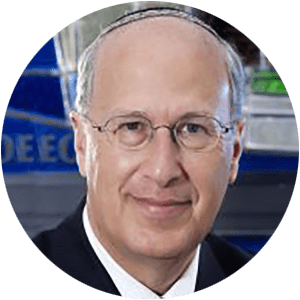

Antisemitism, Debating a Lie – 2024 🎬
The most concerning thing I find about the uptick in antisemitism is the lack of knowledge on the part of Jewish students and others about the real history of the situation. The kids don’t know how to have a cogent debate. They don’t have the knowledge. They don’t have the history to truly stand up and speak truth to lies. And that actually is the most disturbing thing. If there’s violence, it’s obviously extremely disturbing. But I’m not as worried about that as the long term issues, both on college campuses and now on high school campuses, where the lack of knowledge and the level of ignorance is so profound that I think we are in a strategically dangerous spot with our youth who don’t know.
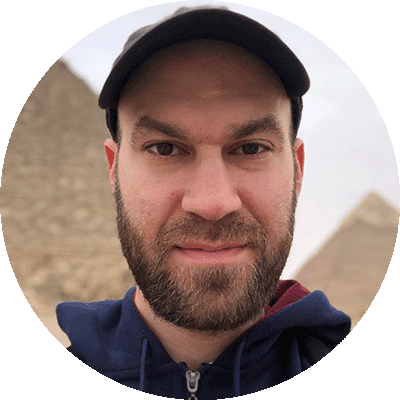

Seeing Antisemitism Clearly – 2024 🎬
The time when my thinking on antisemitism changed the most in the last five years was actually 2021, not now. In 2021, we had a similar situation on a smaller scale to what we have now, which is Israel and Hamas fighting and violence against Jews outside Israel. Hate crimes, attacks both at protests but also just on the street. And the thing that changed my thinking the most was not fighting in Israel and was not even those attacks. But it was how the reaction to those attacks from people who are most likely to stand up for minority groups who are being subjected to racism or prejudice was anything ranging from apathy to justifying or contextualizing the violence.
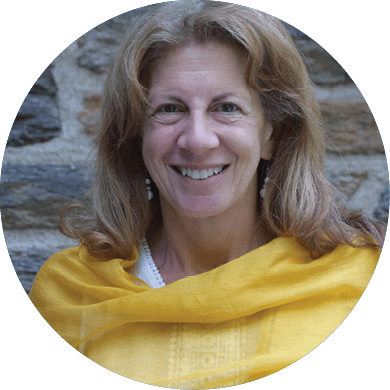

Antisemitism – So Close to Home – 2024 Update 📄🎬
I appreciate the opportunity, unfortunately, to revisit the question of antisemitism and the Jewish day school landscape. And it was almost like looking back at an innocent time to think about the Pittsburgh experience, which is what I wrote about, the proximity of my experience to the three congregations that were massacred in the Tree of Life building. At that time I definitely had it in the context of, well, I’m not surprised. I’m a child of Holocaust survivors. This is going to happen periodically. The big difference was the feeling that the world and the communities and the rational universe were very empathetic and sympathetic to what happened to the Jews in our community.
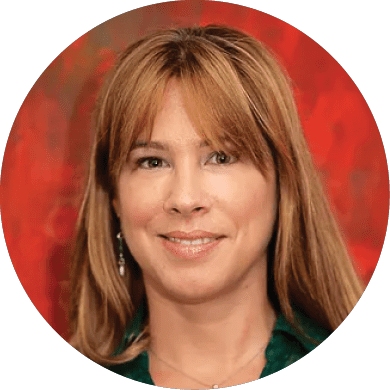

Antisemitism and Identity – 2024 Update 📄🎬
So the question was, in the last two years, has your thinking on antisemitism changed? And the answer is very straightforward. My thinking has not changed whatsoever. I knew that antisemitism is an issue, even though people around me have been minimizing and denying it and now it’s just out. It’s clear that there is bias even among people who are not necessarily antisemitic. It seems like there is a radicalization among younger people. I’m wondering to what extent education has to do with it. I got my Ph.D. here and I’ve seen the environment. There seems to be also a lot of misinformation at least on the school campuses or university campuses.
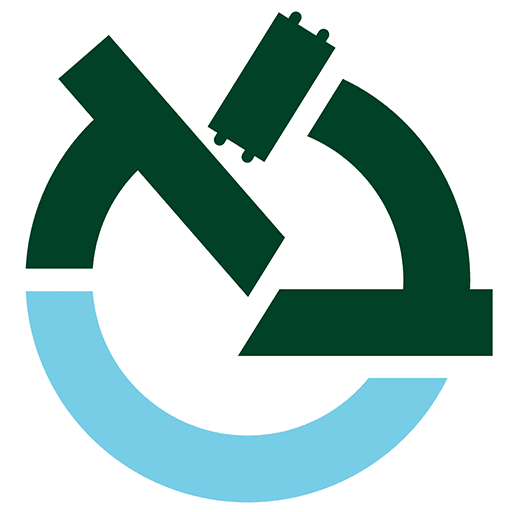

Caring for Our Students & Ourselves in the Face of Antisemitism🎬
Jewish educators are dealing with antisemitism on two levels. We are dealing with our own shock, fear, anger, and uncertainty. And at the same time, we need to be able to address antisemitism in our classrooms, camps, or youth groups. We need to help our students feel safe and supported, and we need to make sure they have some tools in their arsenal to rely upon. While there are so many questions, many without answers, there are some things that we can do right now to help our students feel safe and supported. This series of videos from The Lookstein Center at Bar-Ilan aims to give educators tools for helping our students through these troubling times.
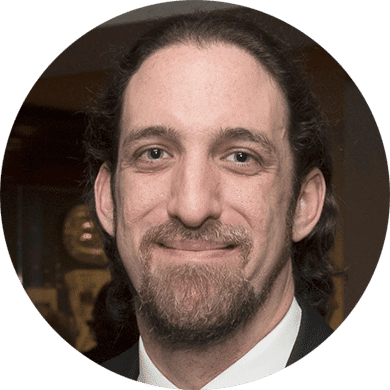

Antisemitism is Systemic, and Yet Deeply Personal – 2024 Update 📄
In the United States and across the globe, there is an all-out assault on Jews arising from the political left, political right, and seemingly everywhere in between. From virulent and overt violence to the dog whistles of antisemitic tropes, one can see antisemitism alive and growing in almost every facet of life. In a survey conducted by ADL, over 1 billion out of 4 billion people surveyed across the world harbor antisemitic attitudes. That is over 25%. As the Program Manager for Echoes & Reflections, my career is focused on helping secondary educators effectively and responsibly teach about the Holocaust and contemporary antisemitism.
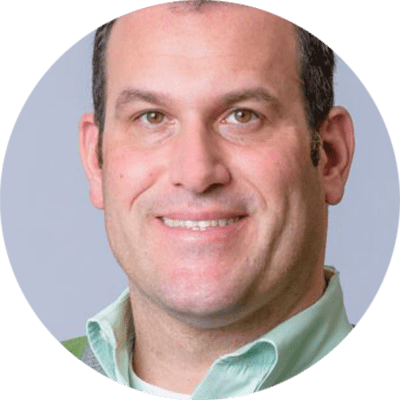

Insights From College Guidance in the Wake of October 7th – 2024 📄
I have been privileged to work at SAR High School since 2007, assisting many hundreds of graduates with the college admission process. It has been a true labor of love, helping a student discover the institution that could be their perfect match for four transformative and memorable years. Front and center in the admission process has always been a student’s growth as a Modern Orthodox Jew, with considerations like kosher food, daily minyanim, Hebrew language and Jewish studies departments, Torah learning opportunities, and Israel advocacy coming into play as much as academics and student life.
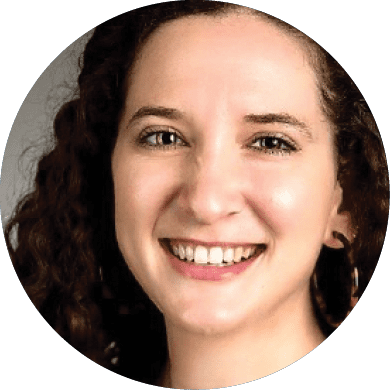

Proud, Progressive, Zionist: An Interview With Sara Liss 📄
Zioness is a movement of Jewish activists and allies who are unabashedly progressive and unapologetically Zionist. Our whole goal is to ensure that there is always a space for Jews and Zionists in the progressive movement and in the progressive world, which is where most American Jews naturally find themselves politically anyway.


